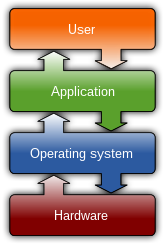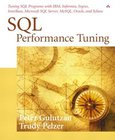SUSE Linux Administration
Course Description
The SUSE Linux Administration (3037) course teaches how to perform basic SUSE Linux Enterprise Server 9 (SLES 9) administrative tasks.
Course Objectives
This course teaches you how to perform the following Linux system administration tasks for SLES 9:- Update and check the health of a SLES 9 server
- Perform administrative tasks with YaST
- Manage users and groups
- Provide basic system security
- Manage the Linux file system
- Manage software installation
- Manage system initialization, processes, and services
- Connect the server to the network
- Provide basic network services (such as printing and web access)
- Remotely access a SLES 9 server
technician in an enterprise environment.
Course Audience
While the primary audience for this course is Linux professionals, administrators with experience in other operating systems can also use this course to help prepare them to perform SLES 9 administrative tasks.




.jpg)





